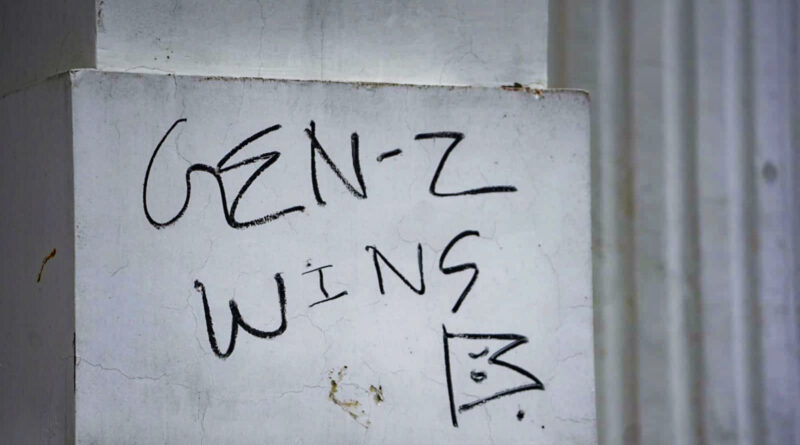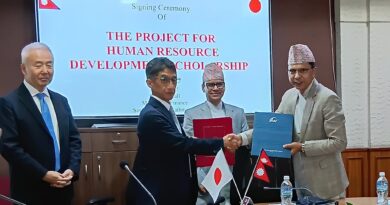Youth Groups Formalize Demands to PM, Calling for Institutional Reforms and Accountability
Nepal’s Gen-Z Movement, which catalyzed a major political shift with its September uprising, is now pressing the interim government to institutionalize its demands for good governance and accountability. This week, representatives of the movement submitted a comprehensive draft agreement to Prime Minister Sushila Karki, positioning their revolt as a legitimate political movement that demands systemic reform.
The proposed agreement, which various Gen-Z groups consolidated, features a nine-point agenda that goes beyond anti-corruption to include proportional representation, transparency in state affairs, and swift justice for those who were killed or injured during the September protests. They are demanding that the deceased be declared martyrs and that an impartial investigation be conducted into the violence.
Focus on Energy Minister and Power Irregularities
In a pointed act of holding the current administration accountable, the Gen-Z Movement has singled out Energy Minister Kulman Ghising, demanding his immediate dismissal and a full-scale corruption investigation. The groups allege that a recent Power Purchase Agreement (PPA) signed between the Nepal Electricity Authority (NEA) and India’s PTC India Ltd. contained major irregularities, resulting in an estimated financial loss of Rs 430 million to the state.
Spokespersons for the movement called for a corruption case to be registered at the Commission for the Investigation of Abuse of Authority (CIAA) and for an independent probe by the Electricity Regulatory Commission (ERC) into the controversial deal.
By submitting a formal document to the Prime Minister, the youth are actively seeking state recognition for their movement and aiming to establish a clear roadmap for democratic renewal that prioritizes transparency, integrity, and the end of elite impunity in Nepal.





